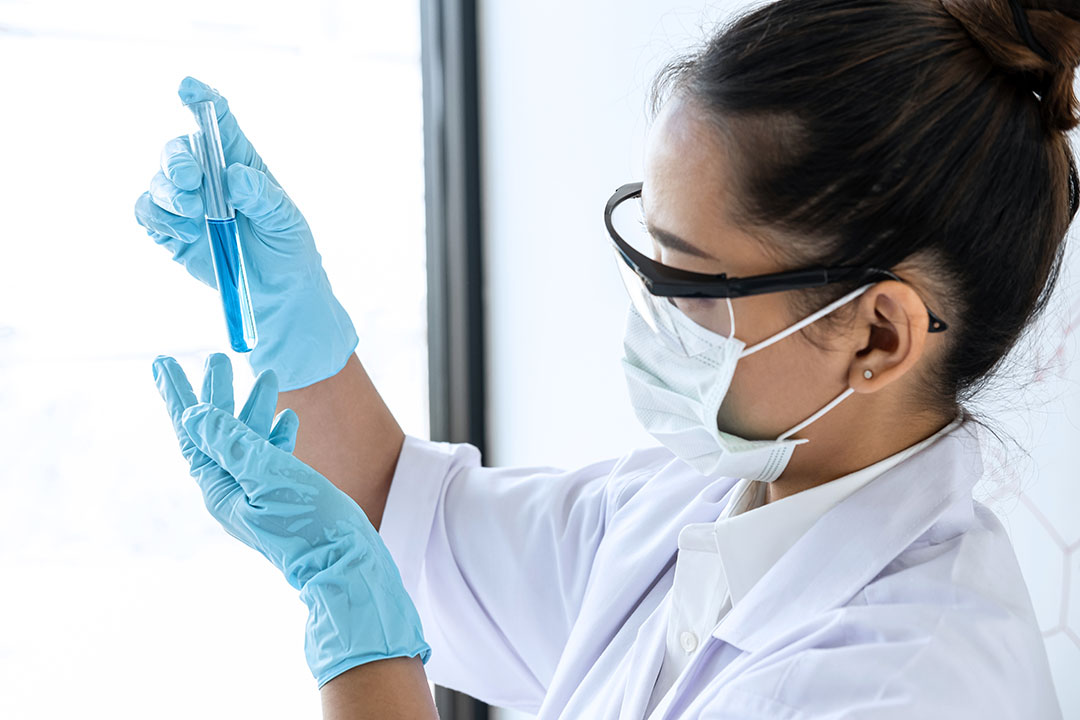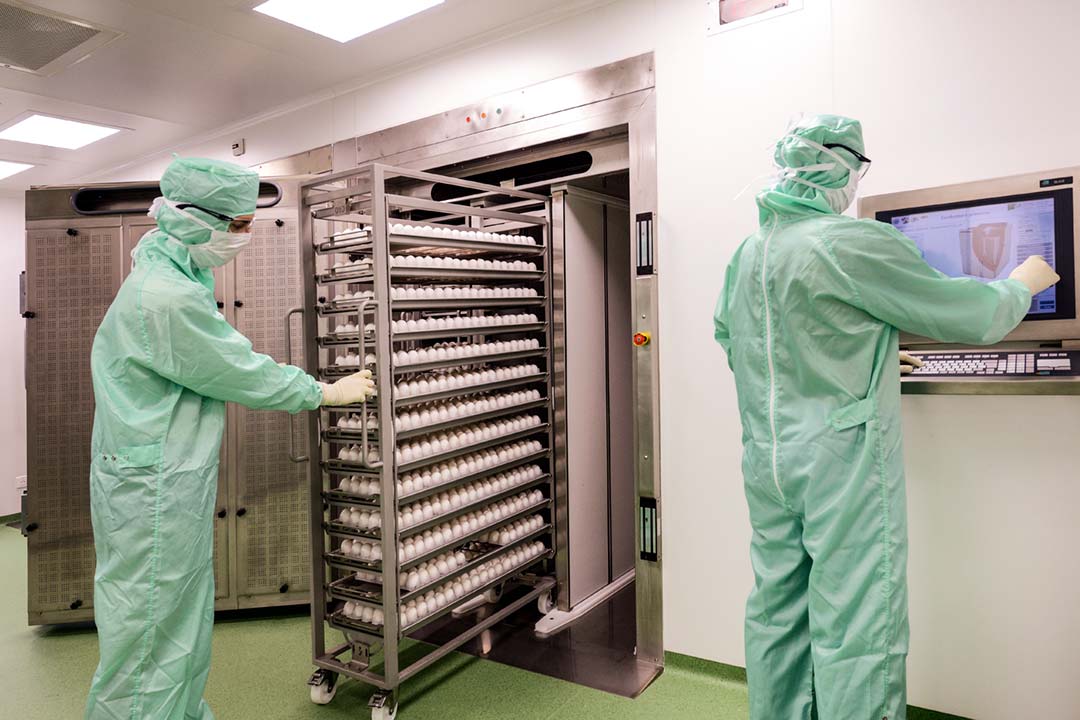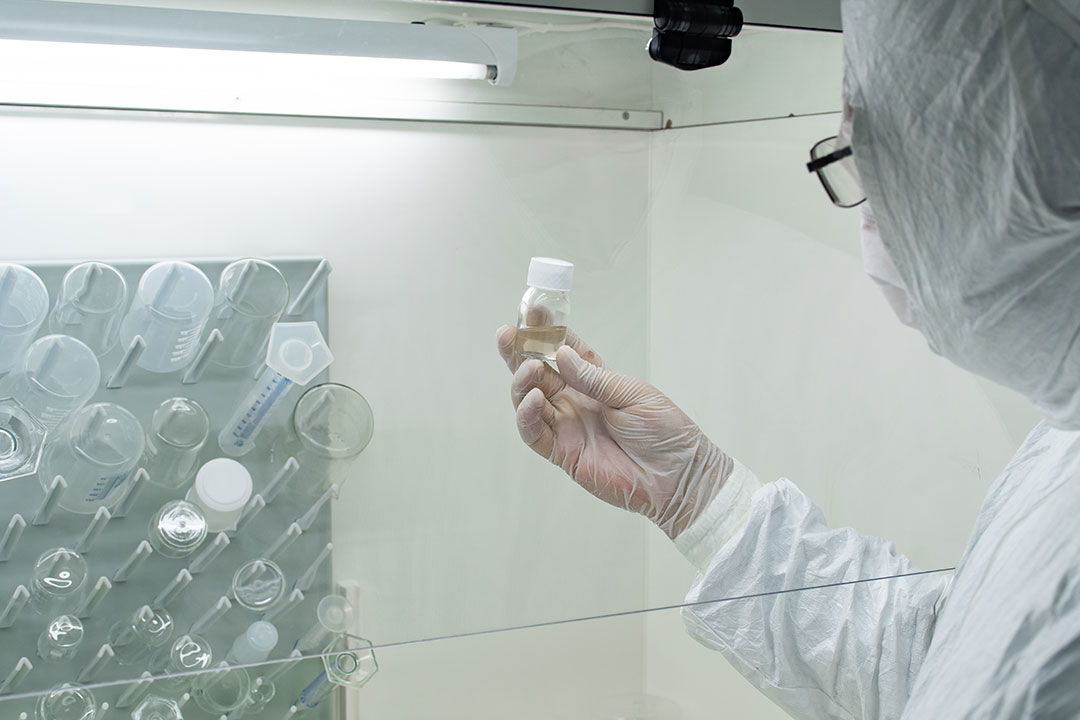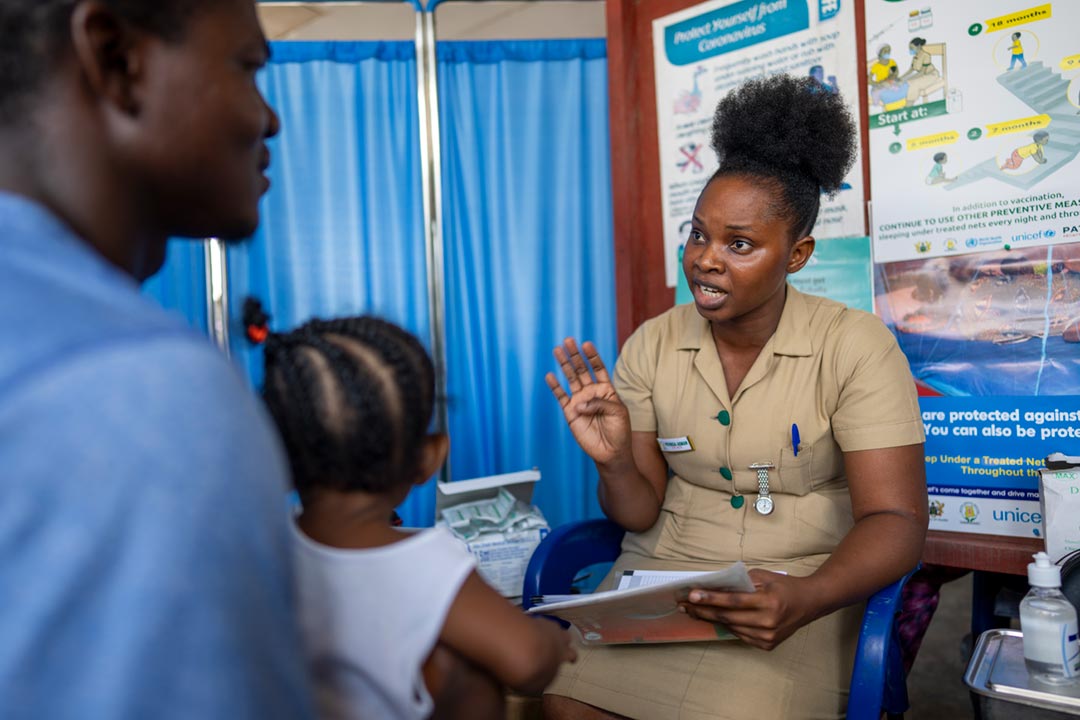Japan invests to ensure pandemic vaccines can be made in 100 days
The country will put US$ 2 billion in a research initiative to help turn a vaccine around at speed when the next pandemic comes along.
- 5 October 2022
- 3 min read
- by Priya Joi

COVID-19 was the first global outbreak for which a brand new vaccine was developed in just one year. This was lightning fast compared to previous vaccine development efforts, but in 2021, countries like the UK and US came up with a radically more ambitious goal of producing vaccines, diagnostic tests and treatments for scaling up within 100 days of a pandemic threat being identified.
Now, Japan has announced it will invest US$ 2 billion in achieving the same goal through its Strategic Center of Biomedical Advanced Vaccine Research and Development for Preparedness and Response (SCARDA), due to formally launch next month.
The centre will invest in vaccine research for eight pathogens, including coronaviruses, monkeypox, dengue virus and Zika virus. The vaccines being developed include a range of delivery technologies, such as mRNA technology, viral vectors and recombinant proteins.
The intensified spread of COVID-19 through the emergence of highly contagious variants such as Omicron was a factor in the creation of the centre. In late 2021, Prime Minister Fumio Kishida said he wanted to “fundamentally reinforce crisis management”.
Early in the pandemic, Gavi and partners set up the COVAX facility to ensure equitable access to COVID-19 vaccines and a market for manufacturers supplying them. For organisations like Gavi, Japan’s investment is welcome, paving the way for future collaborations with Japan in the case of future pandemics.
100-day mission
In March this year, the global health community came together at The Global Pandemic Preparedness Summit, led by the UK government and the Coalition for Epidemic Preparedness Innovations (CEPI), to turn the ‘moonshot’ goal of a 100-day vaccine into a reality.
Have you read?
Compressing the vaccine development timeline to just 100 days will mean as much preparation as possible. This means anticipating future threats – a universal vaccine against coronaviruses is high on the list as three coronaviruses (MERS-CoV, SARS and COVID-19) have caused global outbreaks already.
Another goal to speed up vaccine development will be to build a library of vaccine candidates against other threats. The ability to leapfrog from work done on MERS vaccines, for instance, meant that COVID-19 vaccine development could be sped up.
Developing a vaccine in 100 days will need to be followed by rapid scale-up, and there will also need to be investment in manufacturing innovations that can support scale-up, especially in low-income settings.
Pandemic preparedness
Japanese researchers speaking to Nature said that the country appreciates the value of developing research capacity and early, preparatory investment in vaccines so that when an emergency does arise, the country is ready to respond. Although the country did invest in COVID-19 vaccine development, nearly three years after the pandemic started the most advanced vaccine candidates are still in clinical trials and not approved for use.
Of the $2 billion, $1.2 billion will go to vaccine research and development projects, and $400 million to support start-ups in drug development. The final $400 million will create a virtual network of centres of excellence for basic research in vaccine science as well as testing vaccine candidates in early-stage trials.
The centre will invest in vaccine research for eight pathogens, including coronaviruses, monkeypox, dengue virus and Zika virus. The vaccines being developed include a range of delivery technologies, such as mRNA technology (that was used for some COVID-19 vaccines), viral vectors and recombinant proteins. The idea is to find “seeds for future vaccines”, Dr Yoshihiro Kawaoka, a virologist at the University of Tokyo told Nature.








